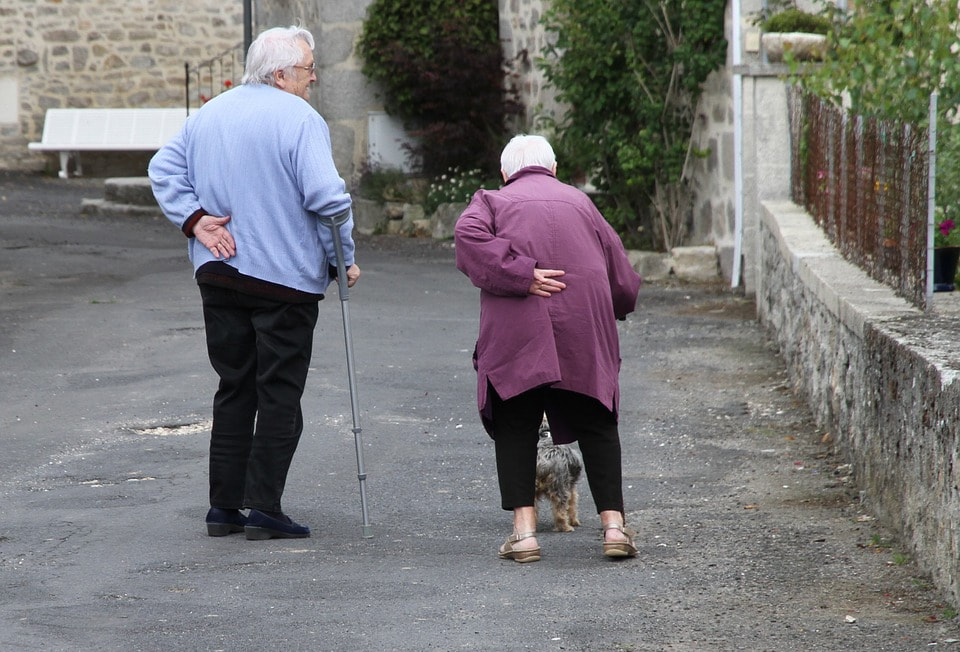 “Move over bacon, here comes something leaner.” If you were watching TV in the U.S. in the 1980s, you may recall this commercial for Sizzlean. (And you’re welcome for the trip down memory lane.) It came to mind as I participated in the virtual Mindfulness Summit and watched the session on “Choose Compassion over Empathy.” The topic is something which my brain framed as “Move over empathy, here comes compassion.” Based on neuroscience research, there is discussion that empathy can lead to emotional exhaustion, whereas a focus on compassion can lead to a sense of love and affiliation. There’s a move to focus on cultivating compassion. This blog post has a brief summary of the research. I haven’t read all the research behind this discussion in depth, but I’m struck by the “either/or” mindset at play. I also found it interesting that compassion, as they propose, is the action of doing something for the person, even if it’s simply sitting with a person who is in need. The action, rather than feeling (as is the case with empathy), is what contributes to the goodness. I can understand why engaging empathy is potentially problematic if when one is overusing empathy to the neglect of something else. I’m not convinced, though, that you can feel compassion if your body doesn’t first pick up on empathy. I’ll use a real example from my family. When my son was very little, he had a hard time reading social cues. We had to teach him that if someone else gets hurt, you say, “Are you OK?” And then if they’re not, you might follow up with, “Can I get you some ice?” This may seem robotic, but it was a very important part of the process to help our son begin to connect the dots, and connect with people. We worked with him to know that, when you see others suffering, you respond, you reach out… I think what’s behind the recent empathy/compassion debate is that people are viewing empathy as getting too wrapped up in another person's emotions and then not taking action and/or not setting the appropriate boundaries to protect yourself from burnout. In other words, taking on another person's suffering. While I agree that it’s a real risk, the upside (when leveraged well) is that empathy allows you to see another person’s point of view. Compassion is what happens as a result. To me it's more sequential. Set me straight on this, will you? Would love to hear about your experiences.
1 Comment
7/31/2020 04:29:14 pm
I am a strong empath. I can become debilitated physically and mentally watching the suffering of others and feeling at a loss for what to do or say. (i.e. Hurricane Katrina). I therefore concur, that being more compassionate, rather than empathetic, and taking action may serve me better.
Reply
Your comment will be posted after it is approved.
Leave a Reply. |
AuthorLaura Mendelow |
|
|
©2020. All Rights Reserved. Mendelow Consulting Group, LLC.

